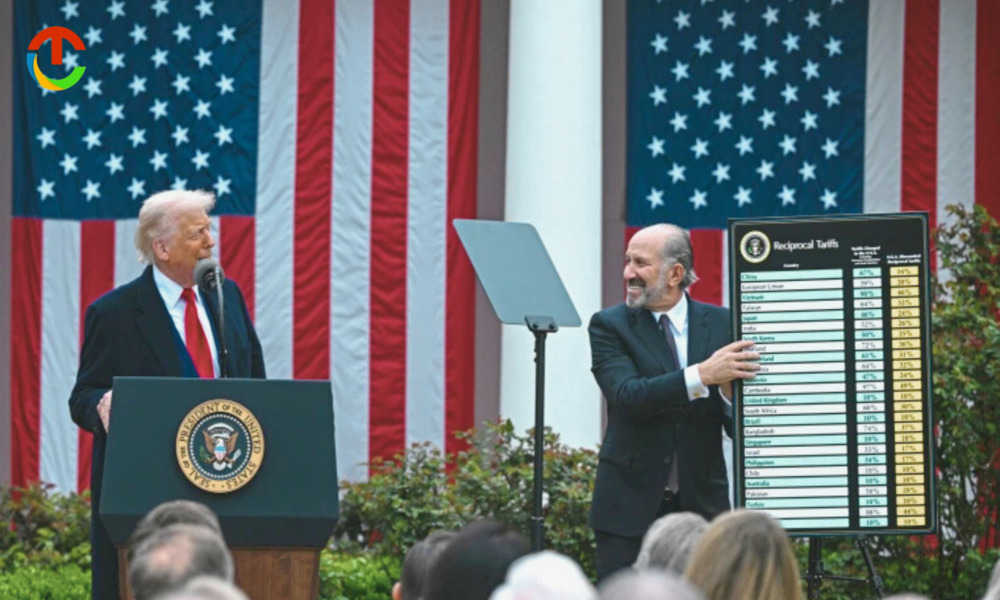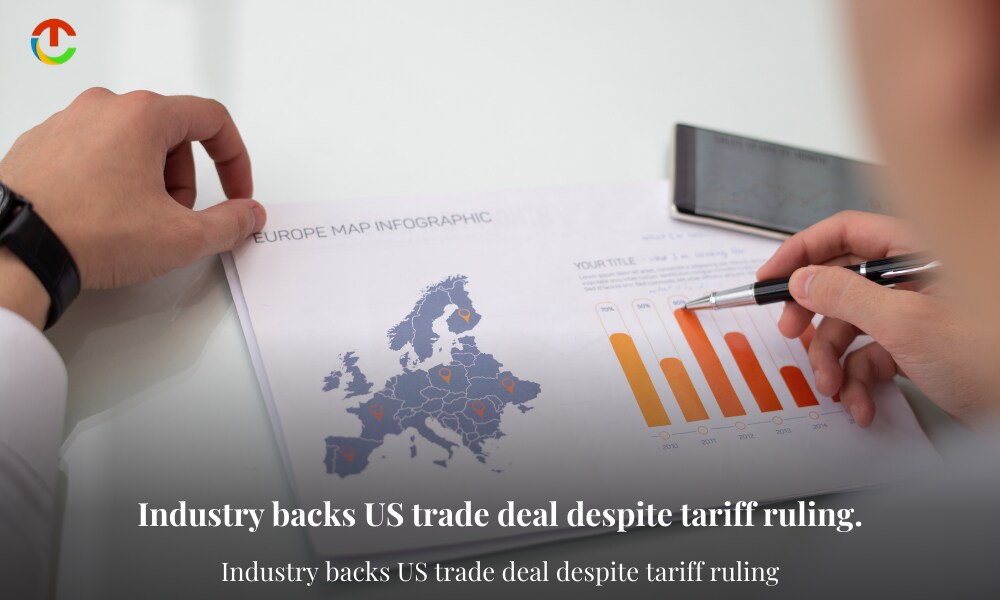U.S. President Donald Trump has announced new tariffs on imports from all countries to address trade imbalances and support American industries. The decision, starting on April 5, 2025, is expected to affect global trade.
Details of the Tariff Plan
Starting April 5, a 10% tariff will be placed on all imported goods entering the United States. Some countries, including China, Vietnam, and the European Union, will face higher tariffs. China will face a 54% tariff, Vietnam will have a 46% tariff, and the European Union will have a 20% tariff. These measures are meant to correct trade imbalances and promote fair competition.
Global Reactions and Retaliation
The announcement has caused strong reactions from countries like China and the European Union. Both have criticized the tariffs, calling them harmful to global trade. China and the EU have said they may take retaliatory actions, raising fears of a wider trade conflict.
Economic Impact and Market Reactions
The new tariffs have caused uncertainty in global financial markets. U.S. stock markets, including the S&P 500 and Nasdaq, have fallen, as investors worry about higher consumer prices and problems in supply chains. Some experts warn that the tariffs could lead to higher inflation and slow economic growth. However, President Trump believes the tariffs will help the U.S. economy by boosting American manufacturing and reducing dependence on foreign goods.
Impact on Domestic and Global Industries
Some U.S. industries, like car manufacturing, support the tariffs, hoping it will bring jobs back to the U.S. However, international companies are worried about higher costs and losing access to the U.S. market. For example, car companies like Volkswagen and Volvo are considering changes to their production and supply chains because of the 25% tariff on imported cars.
Political Reactions and Debates
The tariffs have also sparked debate within the U.S. Senate. Some lawmakers are working on limiting the president’s power to impose such measures. Critics worry that the tariffs could hurt American consumers and harm international relations, while supporters argue they are needed to protect U.S. industries.
Looking Ahead: Negotiations and Trade Relations
As the begin, the U.S. government is open to discussions with other countries to address concerns and find solutions. Treasury Secretary Scott Bessent has suggested talks with affected nations, but the administration sees the tariffs as a long-term strategy to improve U.S. trade relations.
In conclusion, President Trump’s decision to impose tariffs marks a big change in U.S. trade policy, with potential effects on global trade and economic stability. The next few months will be crucial in determining how these tariffs affect both the U.S. and the rest of the world.









